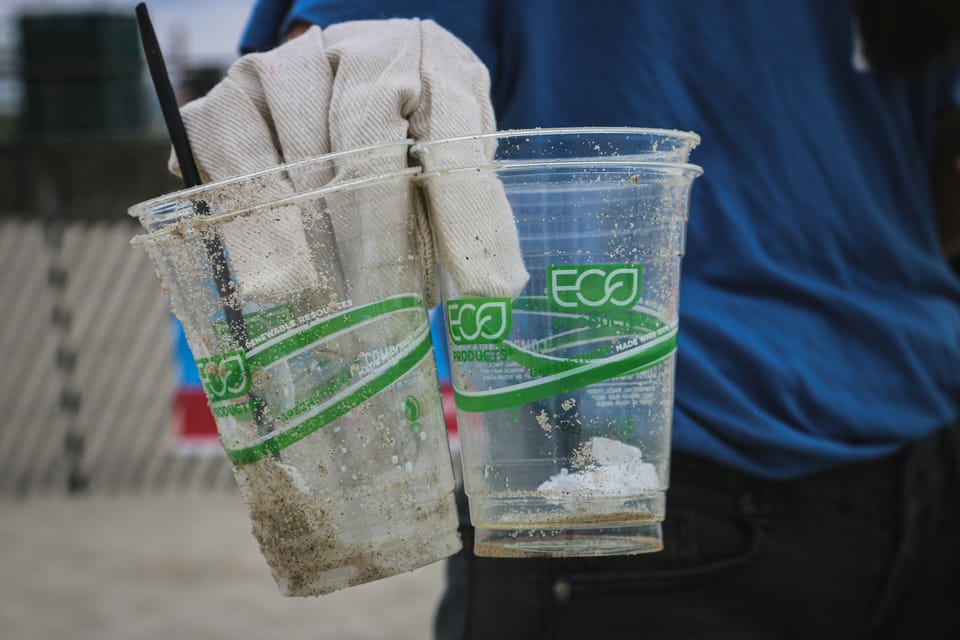Greenwashing soon to be punishable by fines of 4% of turnover in the EU

Making unsubstantiated or false claims about a product’s sustainable credentials – in other words, greenwashing – could soon be punishable by fines of “at least” 4% of turnover in the EU, after the European Parliament gave its green light to the Green Claims Directive.
The EU Parliament gave its first approval of this legislative package aiming to protect consumers from misleading sustainability claims on March 12, with 467 votes in favour, 65 against and 74 abstentions. The legislative procedure is set to continue after the EU elections this June, but yesterday’s vote signals an almost unanimous desire to get the law over the line – with new details on what it will entail.
Among new requirements, companies will have to provide verification of claims such as “biodegradable”, “less polluting” or “bio-based” and obtain pre-approval before using these words in marketing – with EU countries assigning verification entities.
Approvals should not take longer than 30 days – with fast-tracked verification for “simpler claims and products”. SMEs would have an extra year to comply, while micro-enterprises would be exempted from the requirement.
Companies making misleading or unsubstantiated claims would face different types of penalties: they could be temporarily excluded from public procurement tenders, lose their revenues, or face fines of “at least” at 4% of their annual turnover, according to the EU Parliament.
Read also: Between greenwashing and greenhushing - What's the right way to communicate sustainability plans?
Green Claims Directive and carbon offsets
The text adopted yesterday also clarifies the claims companies will be able to make if they use carbon offsets or removals. Claims entirely based on offsetting have been banned since January, and the Green Claims Directive maintains this prohibition.
However, those that use carbon offsets or removals as a complementary measure, that is after reducing their footprint “as much as possible” and only for residual emissions, will be able to mention these activities in their advertising – as long as the credits are certified and of high integrity, with a preference for the EU’s own Carbon Removals Certification Framework.
More work needed to define sector-specific methodology
The European Commission would have one year after the entry into force of the new directive to develop the methodology to define what emissions can be considered “residual” and how each sector will be assessed.
“It is crucial that the European Parliament has recognised that, for some product groups, the Product Environmental Footprint (PEF) method is not suitable for providing a holistic environmental assessment, and that other methodologies can be used,” said Jan Plagge, President of organic farming trade body IFOAM Organics Europe.
“While the PEF works well for manufactured products, it is ill-suited to assess the environmental impact of agri-food products. For this reason, we welcome the concept of a “consultation forum” introduced by the European Parliament as it would enable relevant stakeholders to provide opinions on whether certain rules and methods are suitable for substantiating environmental claims in specific sectors.
Depending on the European Commission’s position, this could potentially allow companies in hard-to-abate sectors to continue to make climate-related claims based mostly on offsets until decarbonisation solutions become available.







Member discussion